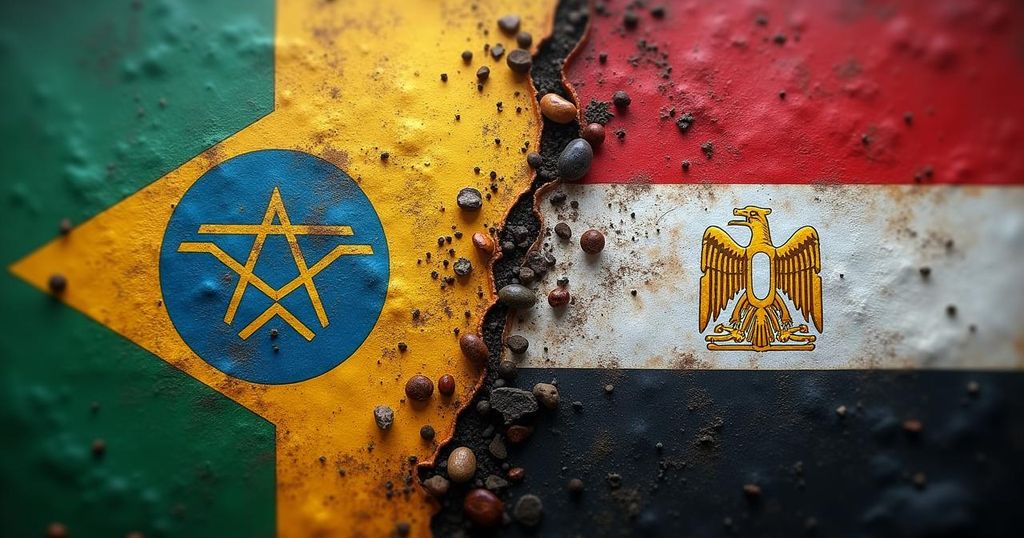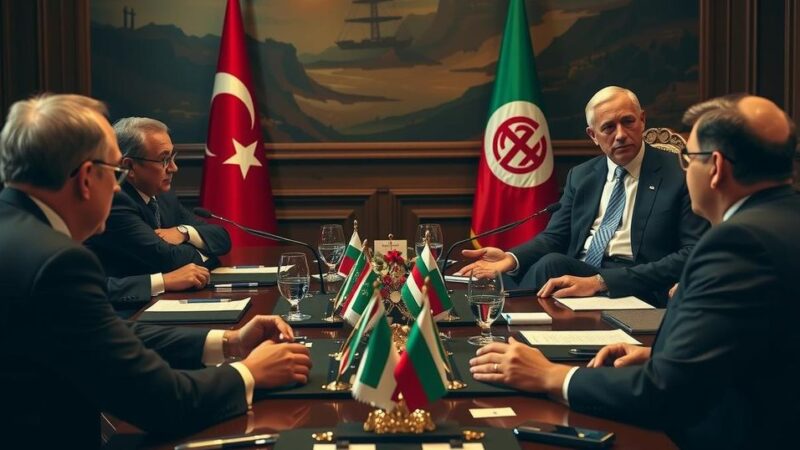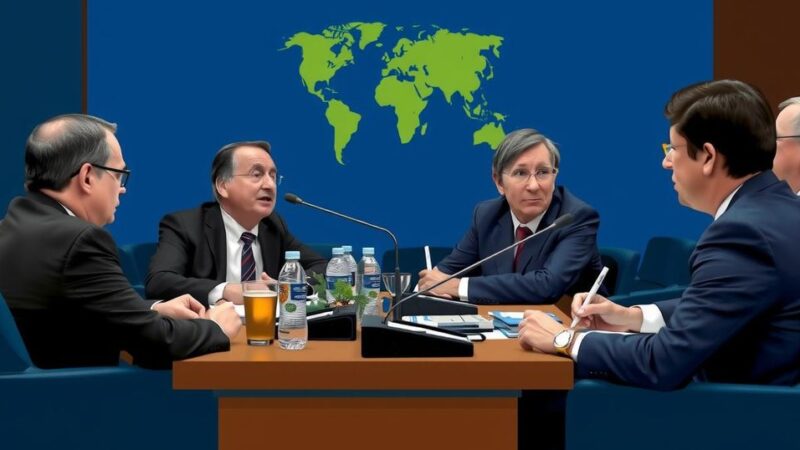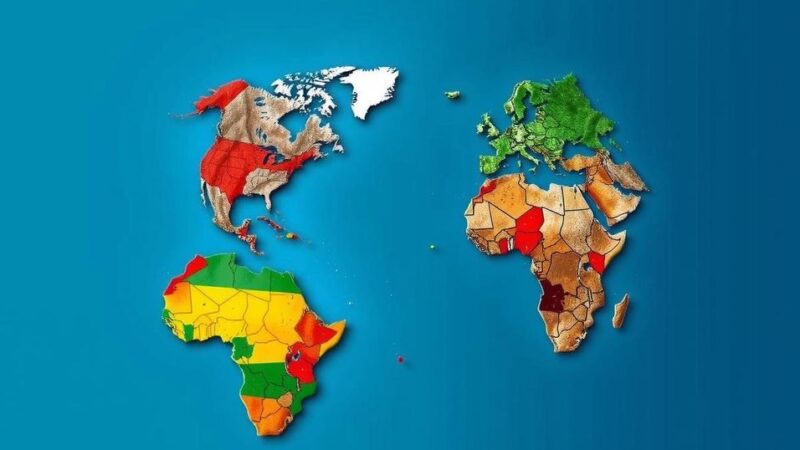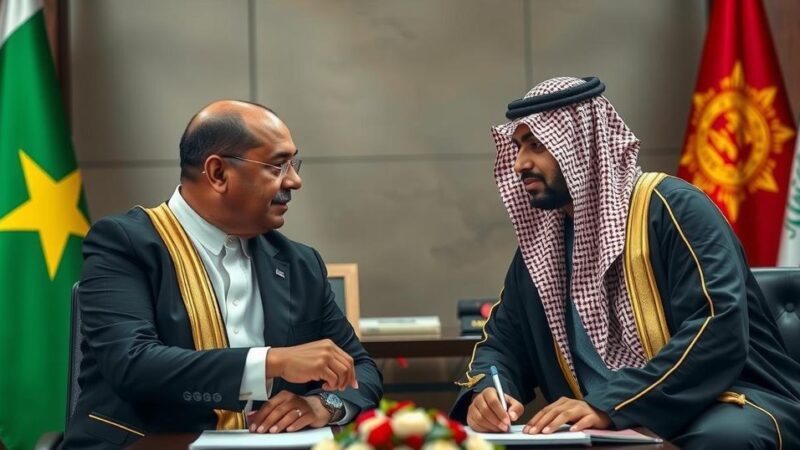The leaders of Eritrea, Egypt, and Somalia convened in Asmara to strengthen their alliance against Ethiopia, amid rising tensions stemming from land disputes and Ethiopia’s aspirations for maritime access. The summit focused on enhancing Somalia’s institutional capacity to tackle internal and external challenges, particularly terrorism, further indicating a strategic alignment among the three nations against Addis Ababa.
Eritrea, Egypt, and Somalia have solidified their alliance against Ethiopia during a summit held recently in Asmara, Eritrea’s capital. The discussions culminated in a public declaration emphasizing mutual respect for each nation’s sovereignty and territorial integrity, which may allude to Ethiopia’s aspirations for access to a seaport—an objective of significant concern given Ethiopia’s landlocked status. This agreement arises in the context of deteriorating relations among these nations, particularly following a diplomatic dispute that has encouraged Somalia to forge closer ties with Egypt and Eritrea, both of which have longstanding conflicts with Ethiopia. Experts suggest that this coalition represents a concerted effort to exert pressure on the Ethiopian administration in Addis Ababa. As part of the summit outcomes, the leaders confirmed their commitment to bolstering Somali institutions to effectively address various challenges, including terrorism. The meeting also marks a notable moment since it was Egyptian President Abdel Fattah al-Sisi’s first visit to Asmara, reinforcing the growing rapport among the three states. The backdrop of this emerging coalition is further characterized by Ethiopia’s contentious creation of a hydroelectric dam on the Nile and recent military assistance from Egypt to Somalia, signaling potential shifts in the regional power dynamics. Overall, this development indicates a significant geopolitical maneuvering in the Horn of Africa, particularly against the backdrop of Ethiopia’s internal conflicts and ambitions for greater regional access.
Tensions in the Horn of Africa have been mounting in recent years due to various geopolitical factors, including Ethiopia’s ambitious infrastructure projects, such as the Grand Ethiopian Renaissance Dam, which has raised concerns in neighboring Egypt regarding water security. Additionally, the historical grievances stemming from border conflicts, particularly between Eritrea and Ethiopia, have contributed to a complex web of animosities. The situation worsened with Ethiopia’s civil war in the Tigray region, which has not only strained relations with Eritrea but has also impacted Ethiopia’s diplomatic standing in the region. The emergence of this new alliance among Eritrea, Egypt, and Somalia appears to be an attempt to counterbalance Ethiopia’s influence and destabilize its claims to maritime access, inflaming an already volatile situation.
The collaboration among Eritrea, Egypt, and Somalia signifies a pivotal shift in the region’s geopolitical landscape, as these nations seek to collectively address their grievances with Ethiopia. This alignment may exacerbate tensions in the area, particularly in light of Ethiopia’s contentious projects and territorial ambitions. As diplomatic relations evolve, it remains essential to closely monitor developments that could lead to further conflict or, conversely, opportunities for dialogue and resolution.
Original Source: www.bbc.co.uk
